Pediatric Tilt Wheelchairs
A change in position makes a big difference.
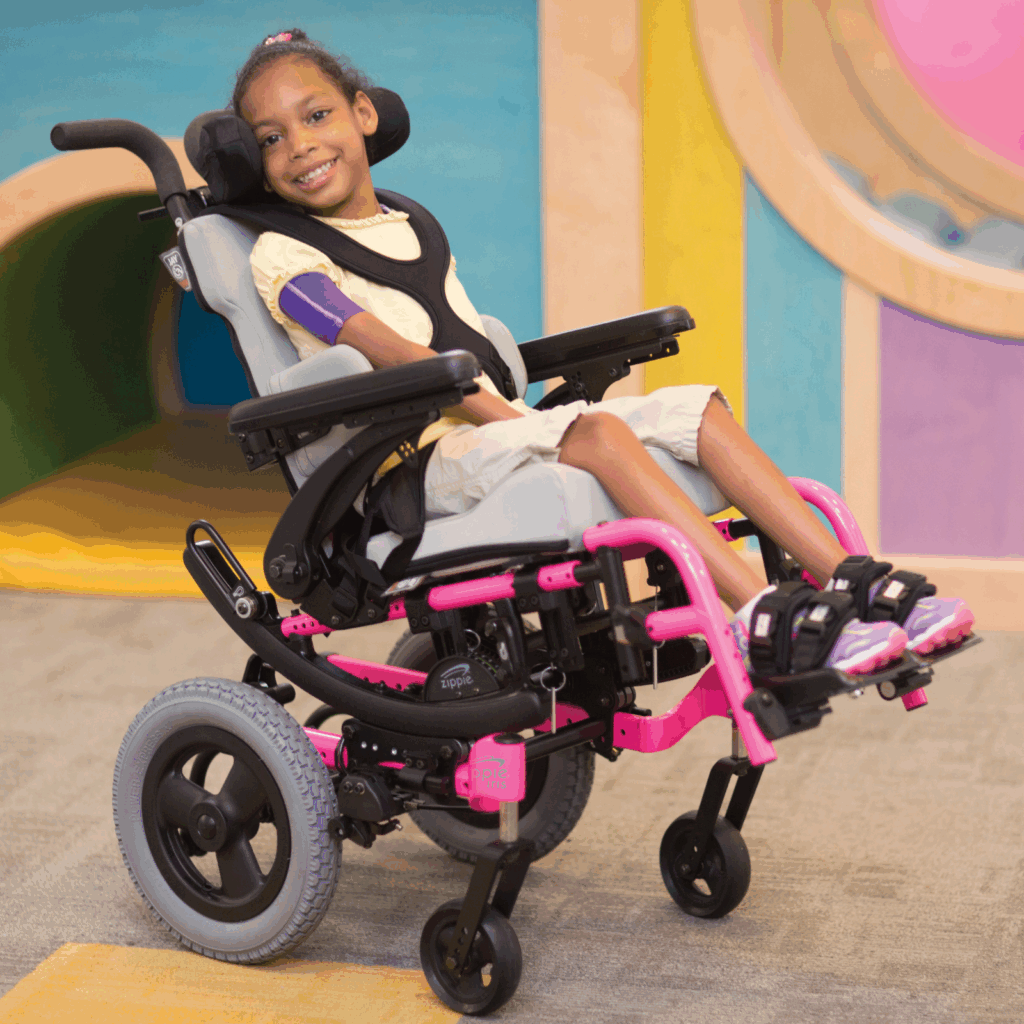
Use & Benefits
Custom tilt for comfort and support
When your child needs help shifting weight, Tilt Wheelchairs can provide the ability to easily tilt onto his or her back while maintaining the body’s position in a wheelchair seat. When tilted, a child’s hip angles remain the same, but the body tilts backwards, allowing weight to shift, which provides pressure relief while maintaining range of motion. Each Tilt Wheelchair is also individually configured to your child’s unique needs and personality.
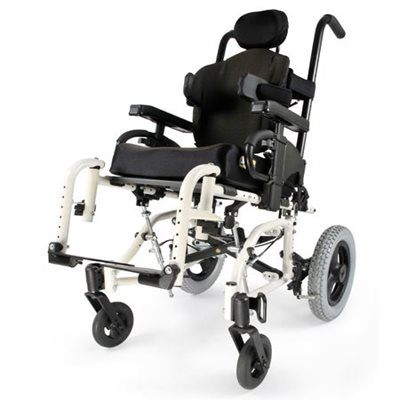
Use
Prevents Pressure Injuries
Optimize Wellness
Encourages Proper Alignment
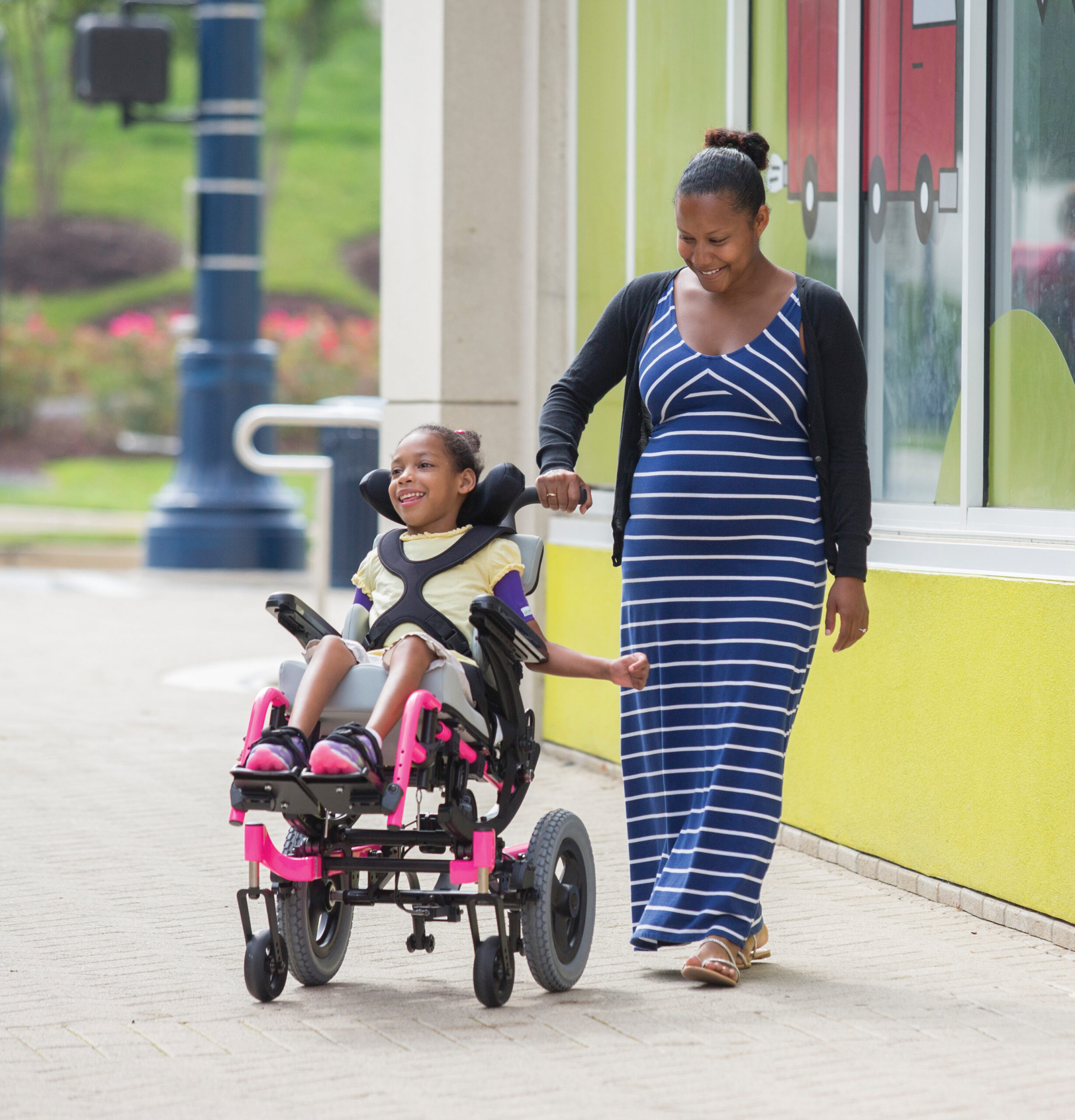
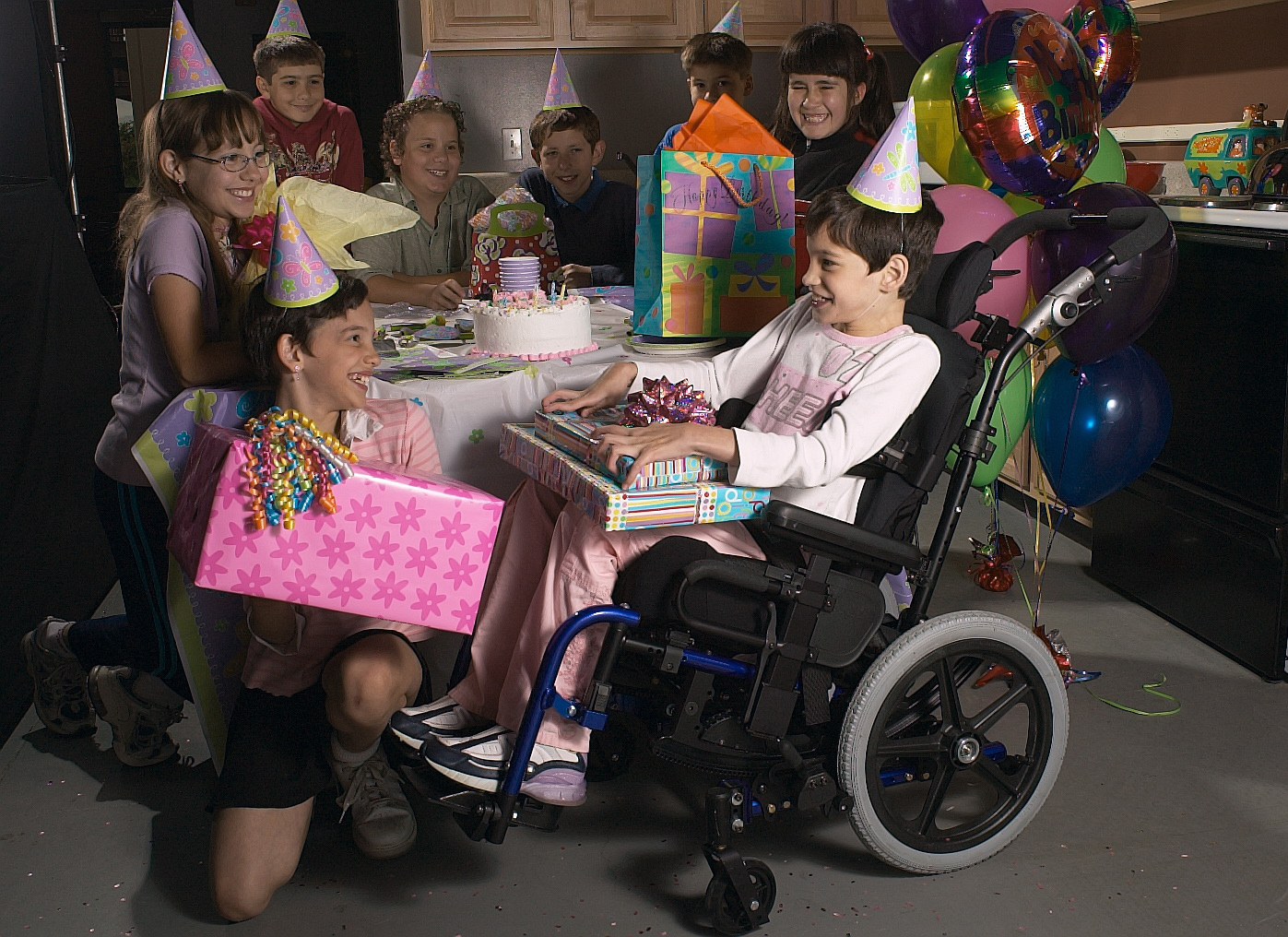
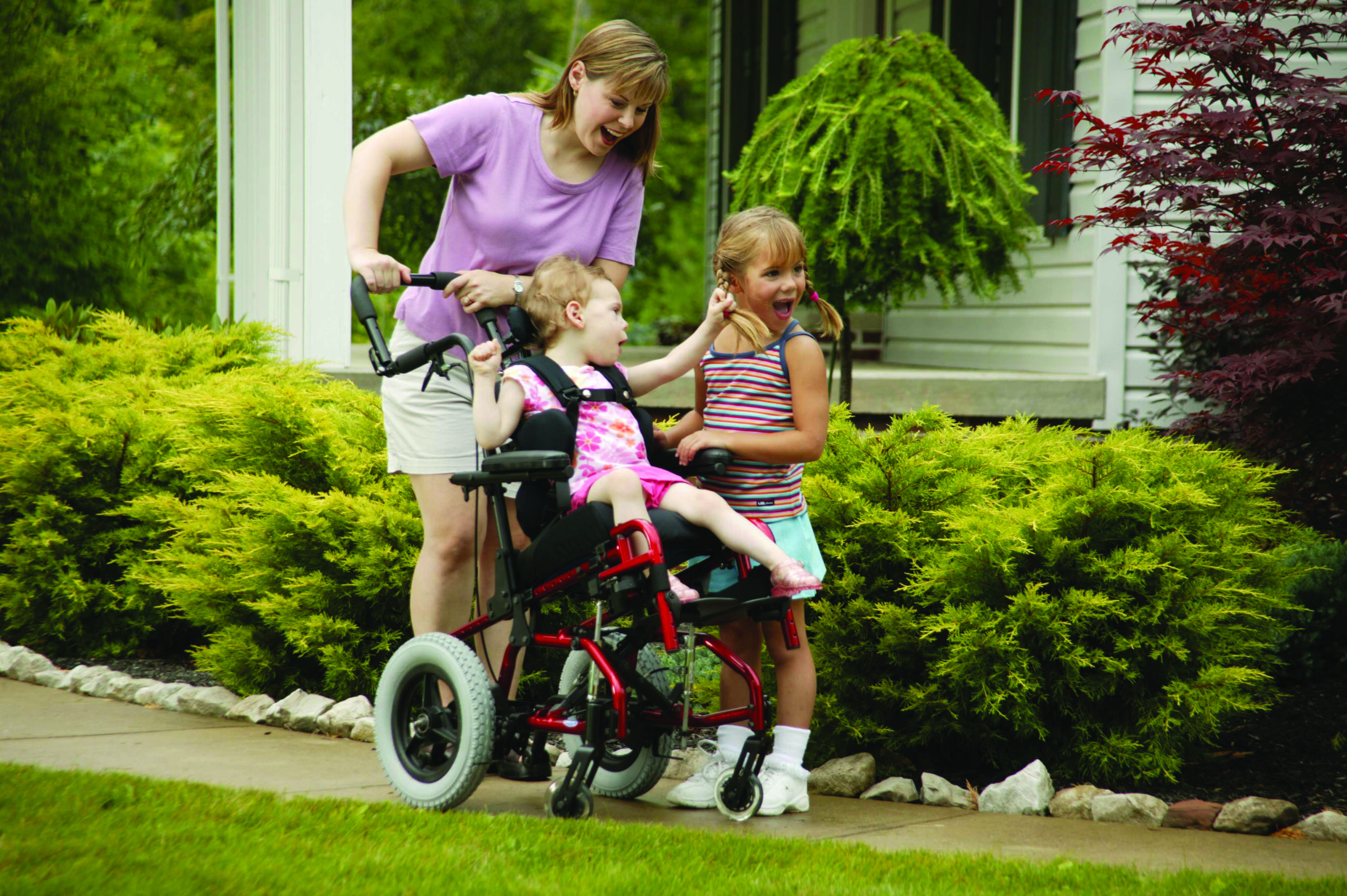

Want this chair?
Connect with us for more information
Whether you have questions about insurance or equipment, or simply need some guidance, we’re here to help you.
Medical Necessity
Medical necessity is a key requirement for insurance to cover mobility equipment. Insurance providers will only approve equipment that is considered medically necessary based on your specific health needs and daily functional limitations. Our team works closely with your healthcare provider to ensure all documentation supports this requirement.
Insurance Coverage
Because most of our mobility equipment can be covered by insurance, our process is centered around working closely with your insurance provider every step of the way. From your initial evaluation to the final delivery, our dedicated medical documentation team ensures everything is in place to help you get the equipment you need.

Customer Stories
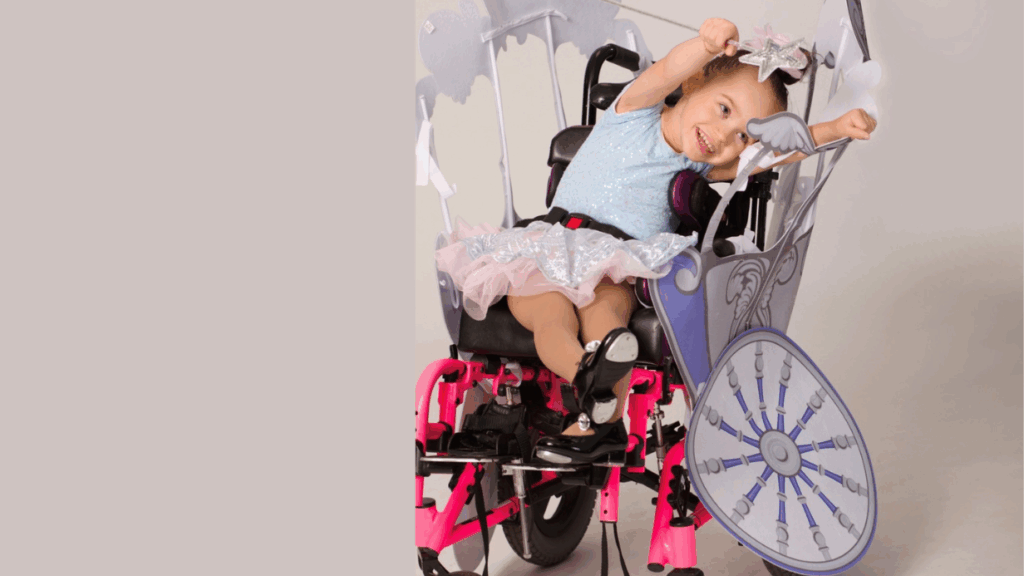
Avery Joy’s Story
Avery Joy is 4 years old and from Mangham, Louisiana. She was diagnosed with Adenlysuccinate Lyase Deficiency, a metabolic, genetic disorder when she was 8 months old. She developed epilepsy at 3 months old and continues to have almost daily seizures.